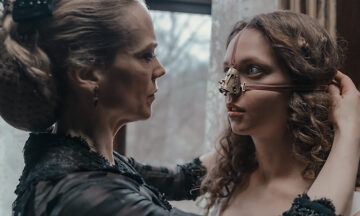
TO WATCH: “THE UGLY STEPSISTER” BY EMILIE BLICHFELDT
„The Ugly Stepsister“ marks the directorial debut by the Norwegian filmmaker Emilie…




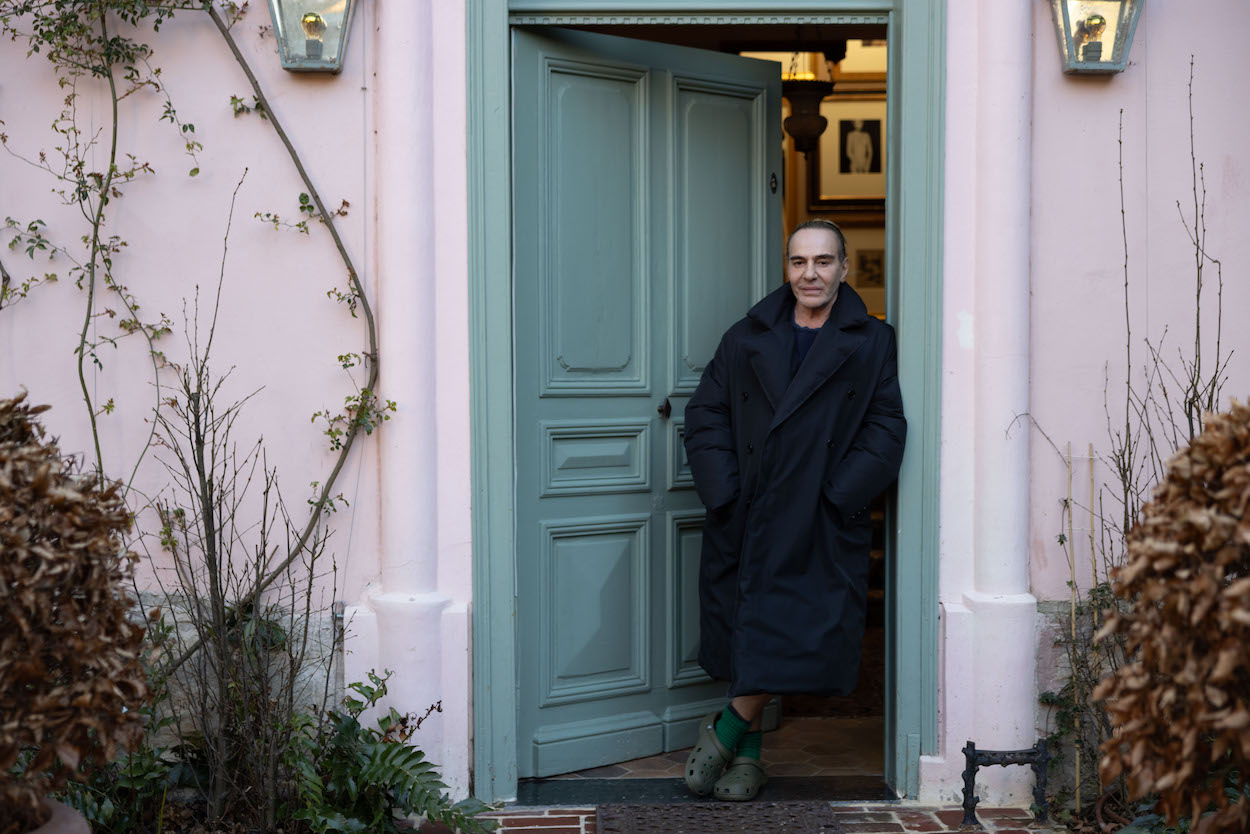
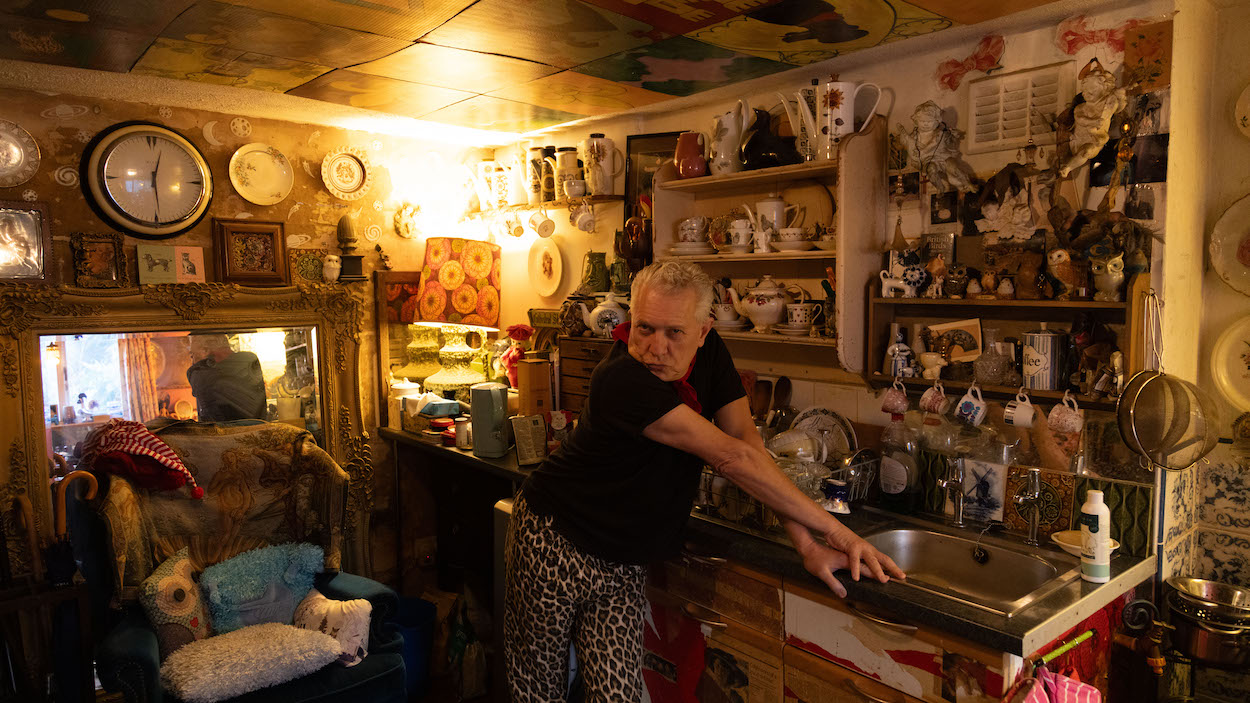
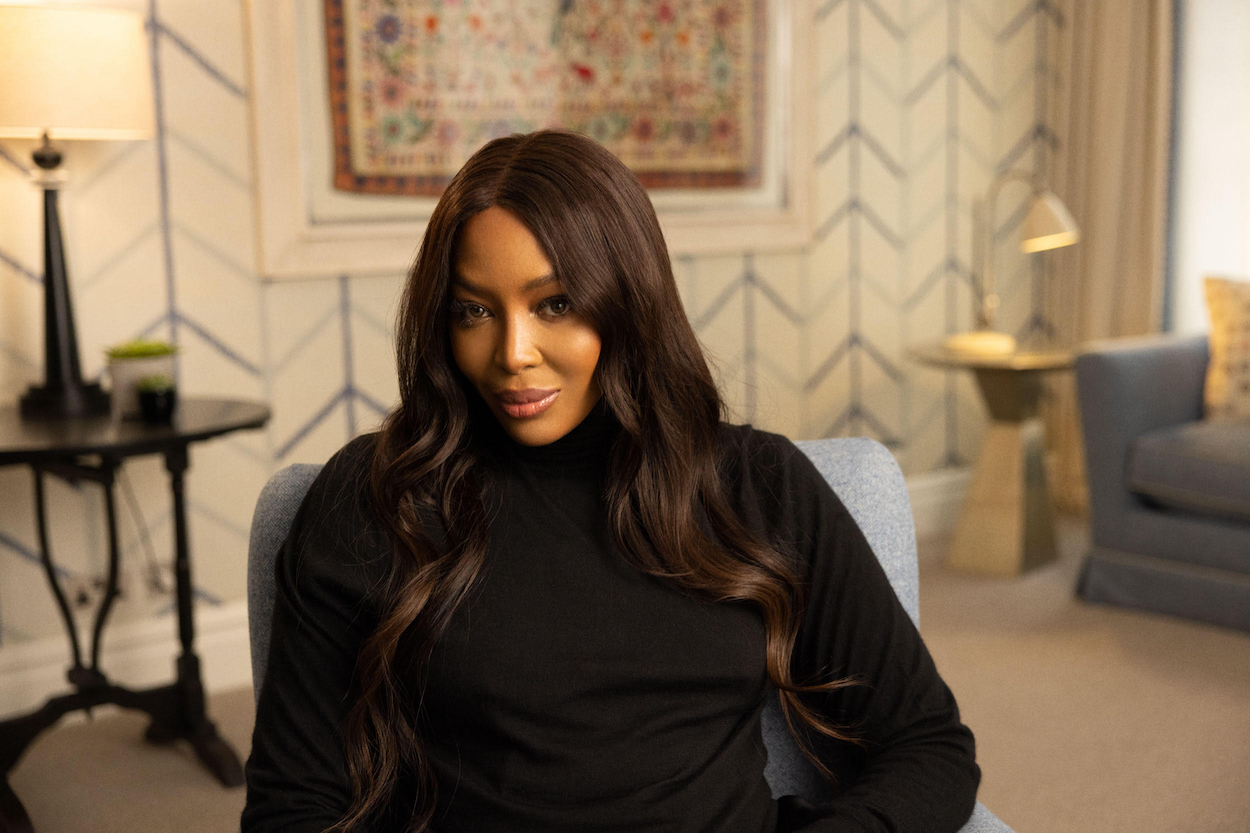


There is probably no other film that the international fashion scene has been eagerly awaiting for as long as the much anticipated documentary “High & Low – John Galliano” by Kevin Macdonald, in which the life, career and above all the scandal surrounding one of the most successful fashion designers of our time is explored.
We met the British film director, producer and screenwriter shortly before the premiere in Berlin.
People get forgiveness. How do they come out the other side of cancellation?
Somebody suggests to me that John’s story would be interesting. And I
only knew a little bit of that. I remembered when the video came out
and I remembered him when I was a teenager. I’m only five, six years younger than John. I remembered when he was this huge presence in popular culture in the late 80s, early 90s.
And I also remembered how repulsed I was by seeing that video and how much I thought, he looks so awful. He’s saying these hateful things.
How does somebody make such beautiful things can do something so ugly? That’s really psychologically interesting and I wanted
to understand that. So I got in touch with him and we talked
for about a year off and on. I met him and he wanted to make a film, but he wasn’t sure.
In the end, he agreed on it.
Once he had made his mind up, he was incredibly
open and honest and nothing was off limits. He never had a PR person to tell him he should not say this. Just me and him talking for hours and hours.
That’s what’s interesting. It is when you have a question in your head like, how is this possible? Why would you say this? Is he an anti-Semite? And if you’re not meant to it, why would you say that? To me, characters who have made mistakes are the characters who you’re not quite sure want to make a of them there. And I think we as insiders have dark things in common. Sometimes motivations we get an act on. I can understand that and I want to understand and to feel compassion for somebody who does something that is so taboo. Not just that his story as a designer is so extraordinary. Anna Wintour said to me, he’s one of the top five designers ever lived. When you have someone who is that sorry. But to begin with, I didn’t really appreciate the fashion. I couldn’t really understand. It was quite dismissive. And the more time I spent with him, the more time I spent looking at the fashion. I started to understand it and understood how it related to him personally, and how you could see his psychological state in the shows that he was. It also interests me as a filmmaker, he is inspired a lot by cinema. Also because the cinema does this thing, which designers and particularly Galliano try to do, which is to create an atmosphere. He’s somebody for whom the important thing is not the clothes in first place. It’s to share this specific environement that the show creates. I think he’s quite unique in his obsession with the show. And so there’s a cinematic side to it.
In a different way, but at the same side of making huge spectacle, which then got photographed and talked about. And that’s why I think LVMH chose them, because at that time the whole purpose was to try something and bring it to life. Fashion is this form of art that was totally popular and could be scandalous that people would talk about – the nudity, the excess, how much it cost. That all became part of the marketing. Yeah, the Luxury industry.
Getting involved and trying to understand a world I know nothing about. You enter into something you don’t know and you learn to appreciate it. To understand it a little bit. The biggest challenge is finding people who could talk openly and intelligently about John and intelligently about his work. I was surprised by how few people I could find who obviously don’t want to talk because they don’t want to be associated with it. But people do talk just in an interesting but accessible way about fashion and why fashion is important.
Well, I think some people did and some people never will. I think that’s true. But I think, he did the film because he knows that there are people who haven’t forgiven him yet. And also because people revere so much Alexander McQueen. And he’s like, I knew I should have a film about me.
I think he learned a lot about himself doing this film.
And I think the show, the fashion show that the film starts with and ends with, it’s the show in 2022, is a show which is really about having a film made about you. He’s on the stage with the models. You have the same dialogue, which is really about John’s life. They’re being filmed as they’re talking and making a movie in the screen as they’re modelling the clothes. I saw directly how his inspiration works, because he’d been through a year of having a film made about him. That was what inspired the show in the end.
Very difficult question, isn’t it, because, there’s not one particularly fascinating thing I can draw on. Lots of aspects about him that are so interesting, but I think he shares in common with a lot of artists, I think also a lot of designers. The fact that he had a very unhappy childhood, homophobic family and feeling like an outsider and outcast because of being in Spanish London, being gay and being sensitive. He withdrew into his imagination and his form of escape was in his head. I think you can still see in almost every show he does that is is searching for escapes. It’s about somebody fleeing from a bad situation into somewhere beautiful, and that’s repeated and repeated in throughout pretty much every show that he’s ever done. But also, there’s something just seeing him working in the grip of something that even he doesn’t really understand. He’s not rationalising. He’s a very irrational person.
I think LVMH liked the fact that he was controversial.
He didn’t usually set out to do things that would be controversial. I think he he was doing what he thought was fun, and even in the show that I filmed last year, this show has a shooting in it, a school shooting. And of course, some critics. My job is like, I don’t. I don’t understand why she’s upset. There’s something oblivious about. Is he just everything? Whether it’s. Violence or a film on the natural world is just a place to suck. Inspiration for the shirt seen for his club. And that’s that leads you to the very interesting big question at the heart of the film, which is,
can you lead a good life? Can you need a moral life if you don’t see moral values? Where do you take your inspiration from?
I would say it’s quite hard and that runs through the entire movie. I mean, some people would say, morality has nothing to do with art in this day and age. That’s a controversial statement where we are constantly bringing morality into our films.
That’s why I use the clips from the Red shoes film, because this is about the destructive power of art, in a way. When you become too obsessed with what you’re doing, it can start to take your life away. And I think that’s what happened to John. That’s not uncommon in any art. In one level you can see this as a film about the fashion industry at large.
Making a prediction at the heart of it, which is what it is about. Creating beauty and about ignoring the ugly things in life. But you can’t always just ignore the ugly things in life.
Sometimes you need to look down and see the shit you’re walking in.
That’s a paradox at the heart of fashion, which is very hard for fashion to reconcile.
That’s a profound psychological question. Listening to us about why somebody wants to lose themselves in another world. As a filmmaker you know what that obsession is like, because you can create something that’s perfect or nearly perfect where you want to free things from the life around you that is negative or dark and chaotic or whatever. And the art thing becomes something you can control and something where you can focus yourself, probably totally unreasonably, make sense of your life.
Well, something about the dark and unhealthy side to artistic obsession. And something about fashion and the contradiction. Being in fashion and looking up at the clouds, looking at the trees and the beautiful things. Maybe it’s like theatre in the same way or film making because, you know, behind the scenes, it’s arguments and anger and ego and money. But you’re trying to make something that is pure.
Well, I think that the highs we are seeing, its the loyality. I love his close friends, this particularly celebrity friends where I thought it would be quite difficult to get people like Kate Moss. She doesn’t give interviews, really. Or Anna Wintour or Charlize Theron. I thought they wouldn’t want to talk because they don’t want to be associated with them and with this story. But in actual fact, they were the ones who were more brave than the people who just worked in fashion and didn’t want to talk about his work or working with him. I thought that was a sort of a very, admirable thing in a way, because I thought they’ve got to lose their reputations.
But they feel loyalty to him. And I think that loyalty to your friend is a really admirable thing. You may think your friend has done something wrong, but you’re still going to help them.
I think the low of the film was probably the years trying to figure out how to tell a story. It’s so complicated and difficult because most films consist of three acts, particularly films about people, you have the early talent and promise, then you have the addiction and success, and then you have the fool and this film. You’ve got a fourth act, you’ve got the fall, and then you’ve got the, oh, I have to explain myself act. He has to explain what happened and you have to analyse what has happened. And so trying to make a film with that kind of structure is really interesting.
“HIGH & LOW – JOHN GALLIANO” is streamable on MUBI since April 26, 2024

„The Ugly Stepsister“ marks the directorial debut by the Norwegian filmmaker Emilie…
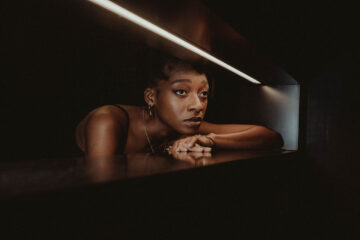
On being brave: Numéro Berlin spoke with Little Simz about her freshly released sixth…
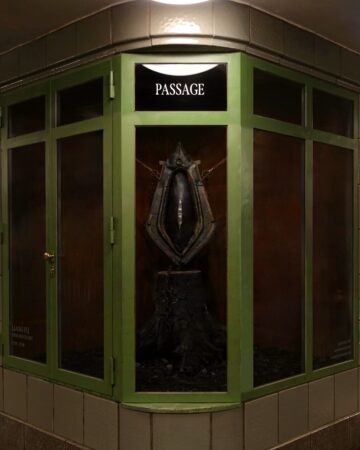
With his latest installation "SPINE BOUNDARY" at Hermannplatz, Berlin, Chinese born Artist…